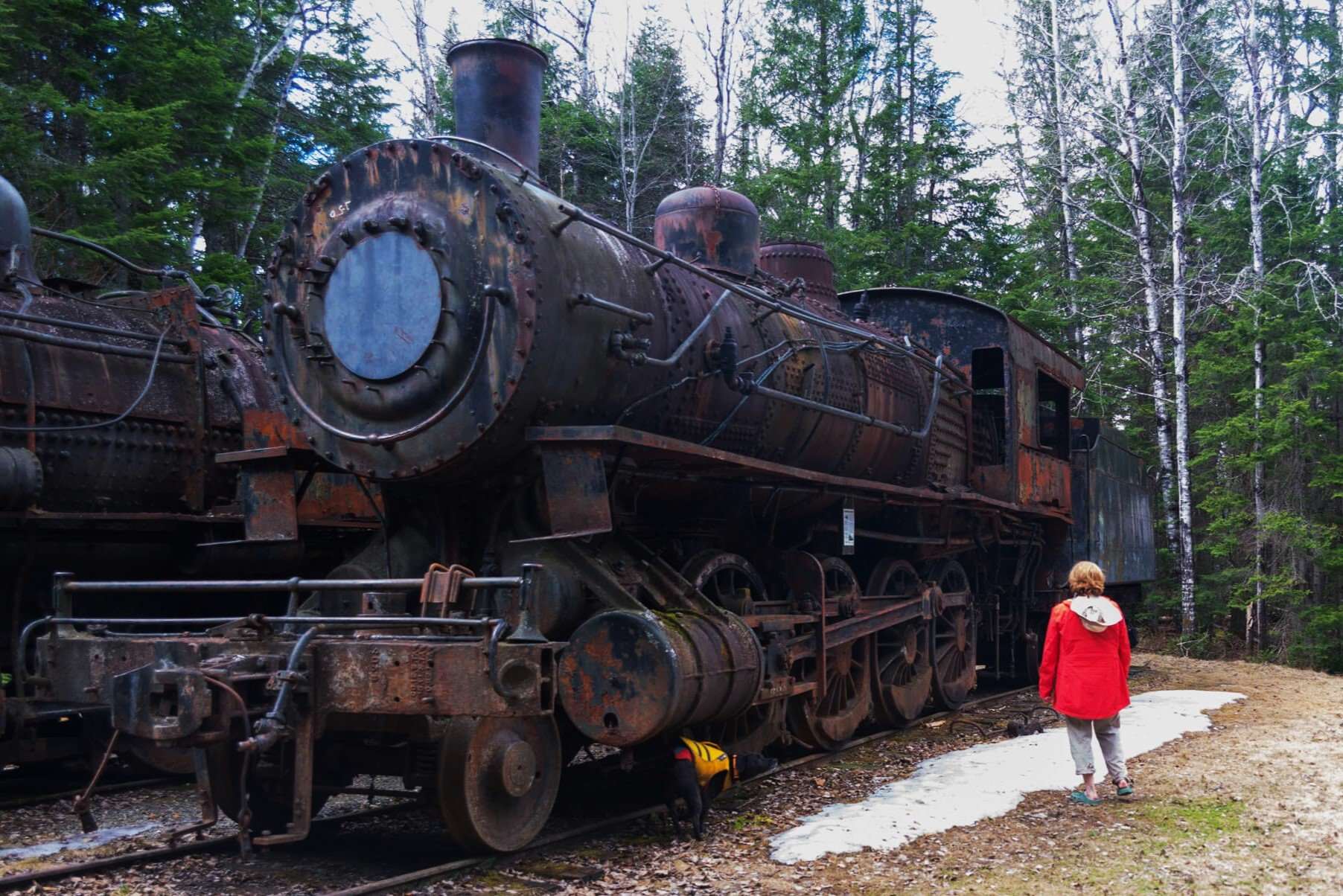Lost Logging Camps Of Maine’s Allagash

Imagine wandering through the dense forests of Maine, where whispers of history linger among the trees. The lost logging camps of Maine's Allagash are hidden gems waiting to be found. These camps, once bustling with loggers and their families, now stand as silent witnesses to a bygone era. Picture cabins, tools, and remnants of daily life, all slowly being reclaimed by nature. Exploring these sites offers a glimpse into the rugged life of those who worked tirelessly to harvest timber. Each camp tells a story of resilience, hard work, and community. Whether you're a history buff or just curious about the past, these forgotten places offer a unique adventure. Grab your hiking boots and a sense of wonder, and step back in time to discover the secrets of Maine's logging history.
The Allure of Maine's Allagash Wilderness
Maine's Allagash Wilderness is a vast, untamed expanse that whispers tales of yesteryears. Among its dense forests and winding rivers lie the remnants of old logging camps. These camps, once bustling with activity, now stand as silent witnesses to a bygone era. Let's uncover some of these hidden gems.
1. Churchill Depot
Churchill Depot was once a hub of activity in the Allagash. This camp served as a major supply point for loggers working in the area. Today, visitors can find remnants of old buildings and equipment, offering a glimpse into the past. The depot's location near the Allagash River makes it a picturesque spot for history buffs and nature lovers alike.
2. Umsaskis Lake Camp
Nestled by Umsaskis Lake, this camp was a favorite among loggers for its serene surroundings. The lake provided a natural resource for transporting logs downstream. Although the camp structures have mostly vanished, the area still holds an aura of its industrious past. It's a peaceful place to reflect on the hard work and determination of those who once called it home.
3. Eagle Lake Tramway
The Eagle Lake Tramway is a fascinating piece of history. Built to transport logs between Eagle Lake and Chamberlain Lake, this tramway was an engineering marvel of its time. Visitors can still see remnants of the tramway, including rusted machinery and tracks. It's a testament to the ingenuity and resourcefulness of the logging industry in the early 20th century.
4. Telos Landing
Telos Landing was a crucial point for loggers moving timber from the Allagash to the Penobscot River. The landing served as a transfer station where logs were sorted and prepared for their journey downstream. While the bustling activity has long ceased, the area remains a significant historical site, offering a window into the logistics of the logging trade.
5. Chamberlain Farm
Chamberlain Farm was more than just a logging camp; it was a community. Loggers and their families lived and worked here, creating a vibrant, albeit temporary, settlement. The farm's location provided easy access to nearby logging sites, making it a strategic base of operations. Today, the farm's remnants tell stories of community life in the wilderness.
6. Longley Stream Camp
Longley Stream Camp was strategically positioned near a vital waterway, making it an ideal spot for loggers. The stream facilitated the movement of logs, while the surrounding forest provided ample timber. Although nature has reclaimed much of the camp, traces of its past remain, inviting visitors to imagine the daily lives of those who once labored there.
7. Allagash Lake Camp
Allagash Lake Camp was a remote outpost that played a key role in the logging operations of the region. Its isolation made it a challenging place to live and work, but the loggers who called it home were resilient and resourceful. Today, the camp's location offers a tranquil escape for those seeking to connect with nature and history.
8. Pinkham Lumber Camp
Pinkham Lumber Camp was a bustling center of activity during the height of the logging industry. The camp's strategic location allowed for efficient processing and transportation of timber. While the camp itself has faded into history, the surrounding area still bears the marks of its industrious past, inviting exploration and reflection.
9. Round Pond Camp
Round Pond Camp was a small but vital part of the logging network in the Allagash. Situated near a key waterway, the camp facilitated the movement of logs to larger processing centers. Though little remains of the camp today, its legacy lives on in the stories and memories of those who worked there.
Discovering the Past in Maine's Wilderness
Exploring the lost logging camps of Maine's Allagash offers a unique glimpse into the past. These camps, once bustling with activity, now stand as silent witnesses to a bygone era. Walking through these sites, you can almost hear the echoes of loggers' voices and the sounds of their tools. The Allagash Wilderness not only provides a historical journey but also showcases the natural beauty of Maine. Dense forests, winding rivers, and abundant wildlife create a stunning backdrop for this adventure. Visiting these camps is more than just a trip; it's a chance to connect with history and nature. Whether you're a history buff or an outdoor enthusiast, the Allagash offers something special. So, pack your gear, lace up your boots, and set out to uncover the stories hidden in Maine's wilderness.

